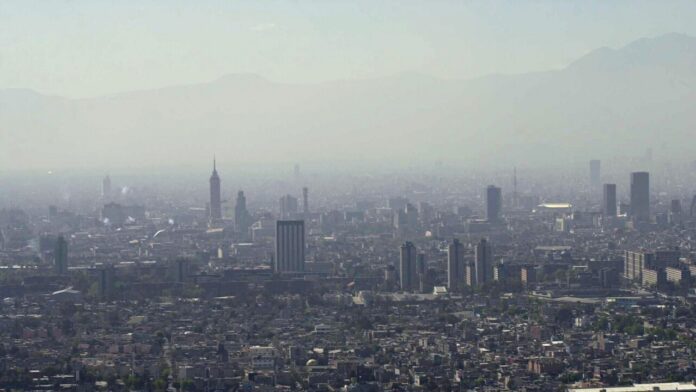Mexico and the United States have announced a new agreement aimed at addressing Mexico’s recurring delays in water-sharing payments in the Rio Bravo watershed, also known as the Rio Grande. The agreement, revealed on Saturday, introduces tools and flexibility to help Mexico deliver water earlier within the five-year cycle stipulated by the 1944 U.S.-Mexico water treaty.
The bilateral International Border and Water Commission outlined several proposed measures, including enhanced coordination on water conservation, re-use, and alternative water sources. The treaty allows Mexico to accumulate a water debt in the first four years, provided it is repaid in the fifth year. This has often led Mexico to fall behind, relying on the hope of heavy rains or hurricanes to meet its obligations.
This strategy has frustrated Texas farmers who need a consistent water supply. When storms do occur, the water is not always needed, and Mexico’s wait-and-hope approach has caused issues on both sides of the border.
Under the treaty, Mexico is required to deliver 350,000 acre-feet of water annually, totaling about 1.75 million acre-feet over five years. In return, the United States provides Mexico with even more water from other sources farther west. However, in the current cycle that began in 2020, Mexico has delivered only about 425,000 acre-feet, roughly one-quarter of its obligation, which ends in October 2025.
Releasing water from dams on tributaries feeding into the Rio Grande has angered Mexican farmers, who refer to it as “our water.” The treaty grants the United States rights to one-third of the flows from six Mexican tributaries. In 2020, tensions over water payments led to violent clashes, with farmers pushing back National Guard troops at the La Boquilla dam and taking over another dam near Ojinaga.
During the 2020 conflict, Mexican farmers also burned vehicles and blocked railway lines. Ultimately, the United States allowed Mexico to transfer rights to water held in joint international reservoirs as a compromise.
This new agreement aims to prevent such conflicts by ensuring more timely and predictable water deliveries, benefiting both countries and their agricultural communities.
Source: Scripps News






